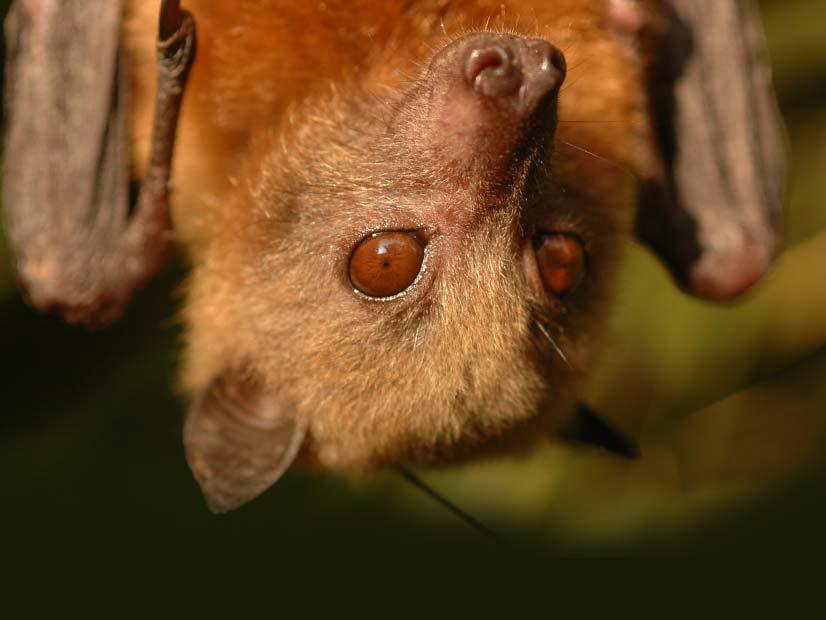Bandana Aul
This project is an ecological initiative involving indigenous communities of the Nicobar Islands, India. It aims at conserving the endemic Nicobar flying fox or Tayam Peh from hunting pressure and current forest practices in the Nicobar Islands.

This Project is an ecological initiative involving indigenous communities of the Nicobar Islands, India. It aims at conserving the endemic Nicobar flying fox or Tayam Peh, in Nicobarese, a medium sized flying fox species (FA: 118.5±11.5mm, Body mass: 172.8±60.4 g) from hunting pressure and current forest practices in the Nicobar Islands.
The increasing exposure to the outside world and introduction of modern weapons like air guns has made the situation worse, resulting in the decline of bat populations over its already narrow geographical range. There is reason to believe that the species might have already gone through a bottleneck being isolated on islands and being hunted. In the Central Nicobar Islands less than 10 individuals were sighted over a 10 month extensive survey (BPCP project, Nicobar Bats2003).
No information exists presently on the ecological requirements of the species. The indigenous people of the Nicobar Islands are exempted from the Indian Wildlife (Protection) Act, 1972. Thus, it is very important for initiating them in conserving their islands flora and fauna and using forest resources sustainably. Intensive work is been proposed to determine the requirements of the species in terms of its diet as well as habitat specificity if any. There is virtually no information on where the species roosts and its diet. It is likely that the Nicobar flying fox roosts solitary as secondary sources have conformed that when hunted the bat has been sited only as single individuals.